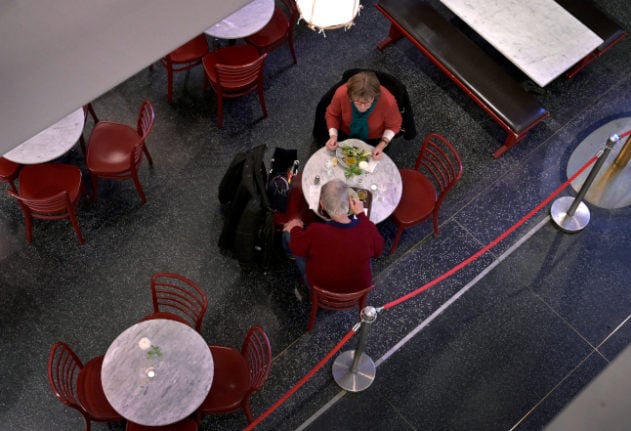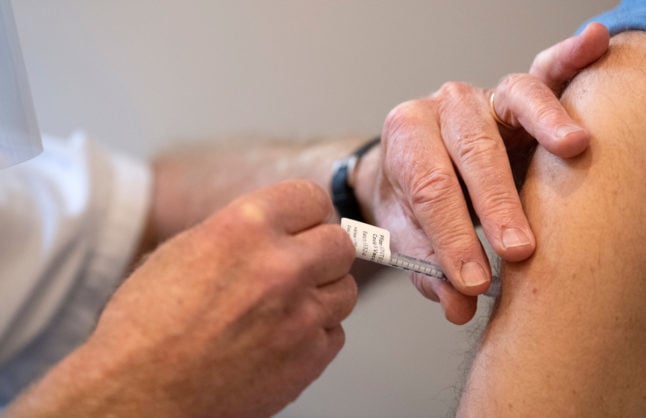Table for one
Under the new rules put forward by the Public Health Agency last week, only one person should be served in restaurants and cafés that do not have their own entrances.
This means that you should eat alone at restaurants located in, for example, shopping centres and larger department stores, where the entrances are shared within another space. The rule doesn't apply to children or people in need of support.
This rule is connected to a recommendation for shoppers to go shopping alone, not with family or friends.
Distance
All customers at restaurants and cafés should keep at least one metre apart from each other.
Closing times



 Please whitelist us to continue reading.
Please whitelist us to continue reading.
Member comments